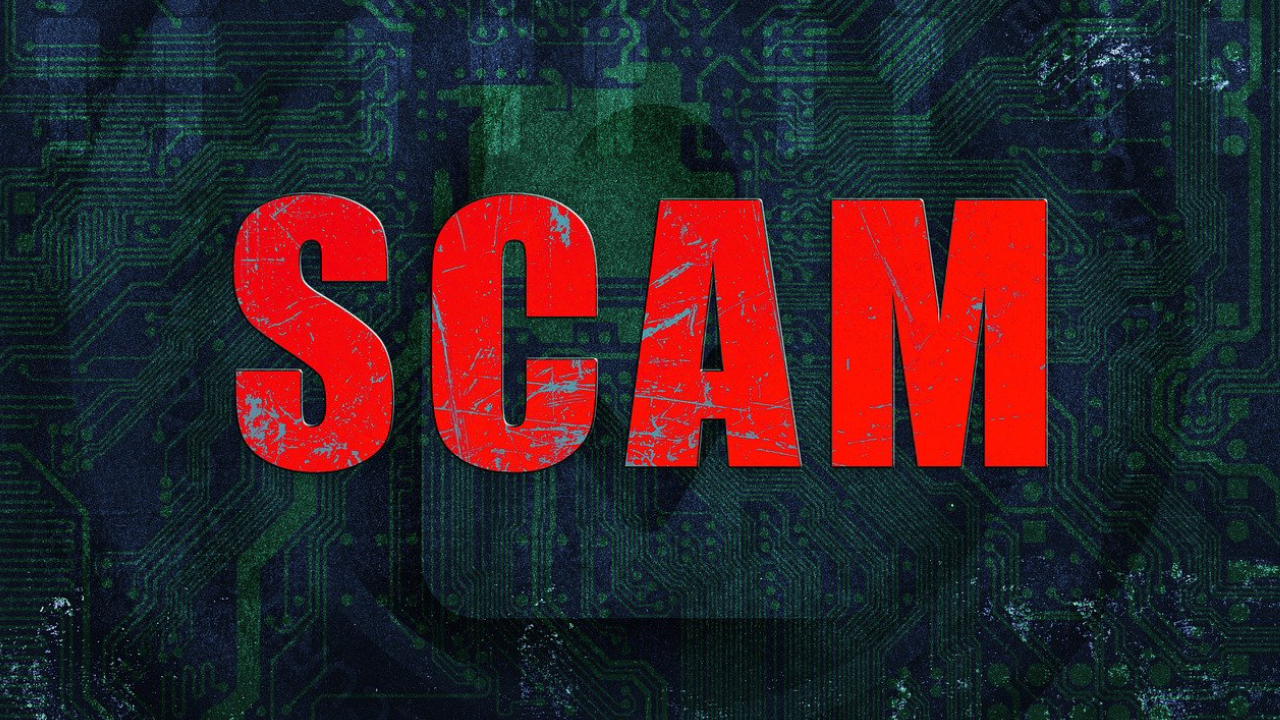- Scammers are looking to steal R2 000 from residents by threatening to cut off their water.
- Residents in Cape Town are being contacted via WhatsApp by bad actors claiming to be city employees.
- Scammers warn that they will switch off the target’s water, which is a lie, unless they pay the fee via CashApp or eWallet.
Residents of the City of Cape Town are being warned about an ongoing scam making its way around the Western Cape capital. Scammers are using WhatsApp to give targetted information on residents, and make them fear their water will be disconnected unless they pay up.
When residents pay, their water remains connected because their water was never at any risk. The scammers are simply pretending to be officials from the City of Cape Town are tricking residents through convincing WhatsApp messages.
In a statement issued on Sunday, the City of Cape Town says that it has been made aware of fraudsters contacting city customers via phone calls or through WhatsApp to perpetrate this scam. The fraudsters claim to be officials from the Cape Town Water and Sanitation Directorate.
Here’s the kicker, as the scammers are able to provide relevant property details to the customer, convincing the customer that they are in fact city officials. They are told that their water will be disconnected immediately because their municipal account is in arrears.
To avoid this, customers are tasked to pay R2 000 via cash app or through eWallet. The scammers say that the fee is to avoid the water being shut off and for the subsequent reconnection.
MMC for Water and Sanitation Zahid Badroodien says in the statement that at least two separate residents have been affected by the same scam. These incidents occurred in Parklands and in Durbanville. Both residents had accounts that were up to date.
“We appeal to residents to be extra vigilant and rather verify any suspicious correspondence that they receive directly with the city. We are particularly concerned about customers who do find themselves in arrears with their municipal accounts, who would easily be lured to make payments to avoid their water from being disconnected or restricted,” Badroodien added.
The huge popularity of WhatsApp as the main online message platform for South Africans means that it is often used by bad actors to trick people. WhatsApp scams are rife locally, including a recent type of scam where scammers add targets to large WhatsApp groups.
Here, scammers again are looking for money, asking for R1 000 from members of the group – claiming to be an online marketing agency – in order to “unlock” work tasks. This type of scam also exploits South Africa’s population of unemployed individuals, looking to make some money.
The City of Cape Town says that any suspicious behaviour should be directed to the police or the City’s fraud hotline: 0800 1100 77.
[Image – CC 0 Pixabay]
[Source – SA News]

